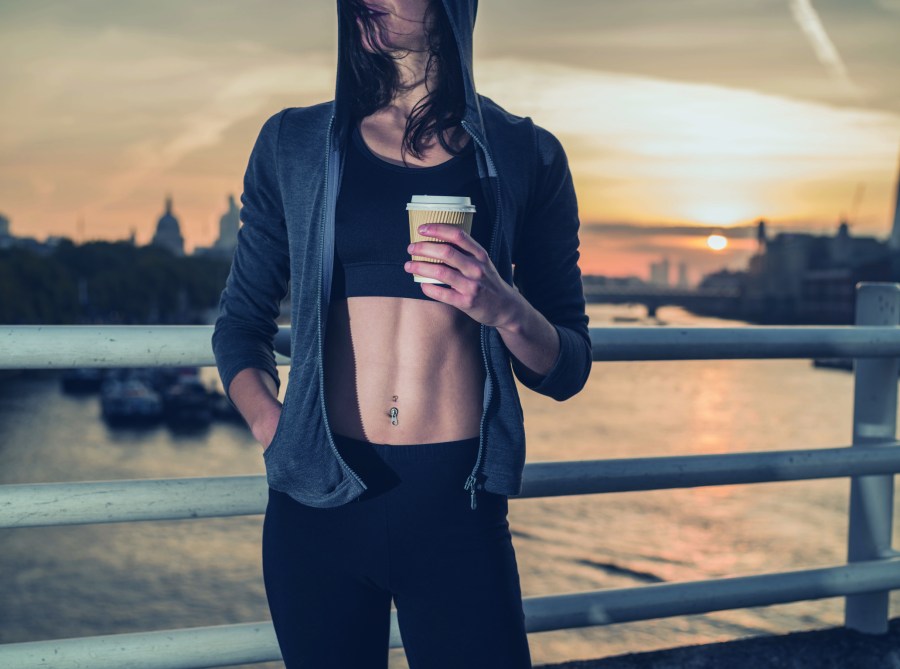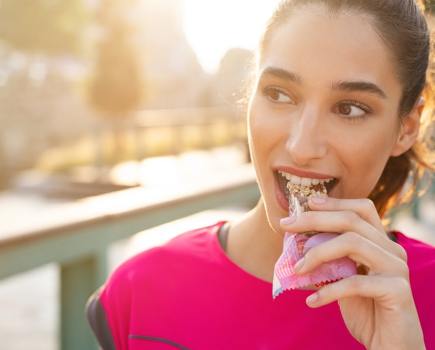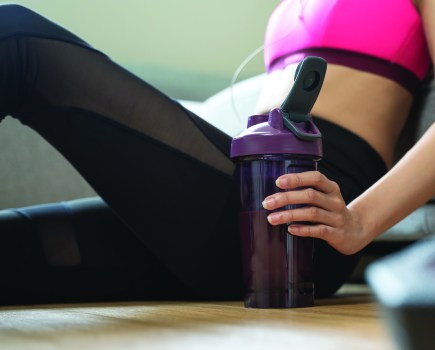Looking for an extra boost before training? Drinking coffee before a workout may be one of the easiest ways to enhance your performance, says nutritionist Christine Bailey.
Fancy a cuppa? You’re not alone. Coffee is one of the most commonly consumed drinks worldwide. Naturally rich in caffeine and antioxidants, it’s well known as an effective ergogenic aid, or performance enhancer. Indeed, caffeine is probably the most researched supplement shown to improve performance across a wide range of sports. But should you be drinking coffee before a workout?
Learn more about pre-workout nutrition for women
The most common dietary source of caffeine is coffee, but it is also present in tea, cola drinks, energy drinks, chocolate and sports supplements. The major benefits of caffeine on exercise performance appear to be due to its effects on the central nervous system – it exerts a direct stimulatory effect on the muscles, while decreasing the perception of how hard you are working.
Caffeine taken before and during exercise can reduce feelings of fatigue, improve focus and alertness, and allow you to exercise for longer. Additionally, when it comes to sports performance, caffeine can enhance muscular strength and power, increase aerobic endurance and improve skills such as sprinting, jumping and throwing.
How much caffeine is enough?
A lot of research has looked at the dose-response relationship between caffeine intake and exercise performance. While higher doses (5-9mg/kg body mass) do provide performance benefits, they also increase the risk of side effects such as increases in heart rate, anxiety, sleep problems and digestive upsets.
Fortunately, more recent research suggests that lower doses of about 3mg/kg or roughly 200mg still produce performance benefits with few, if any, side effects. The International Society of Sports Nutrition (ISSN) suggests a dose of between 3-6mg/ kg body mass for sports performance.
There is no one-size-fits-all, however. Our response to caffeine is highly variable, which is thought to be linked to how quickly our body metabolises caffeine. If you are not used to taking caffeine, then it is worth starting with the lowest efficient dose of 1.5mg/ kg, or roughly 100mg, and gradually increasing as needed.
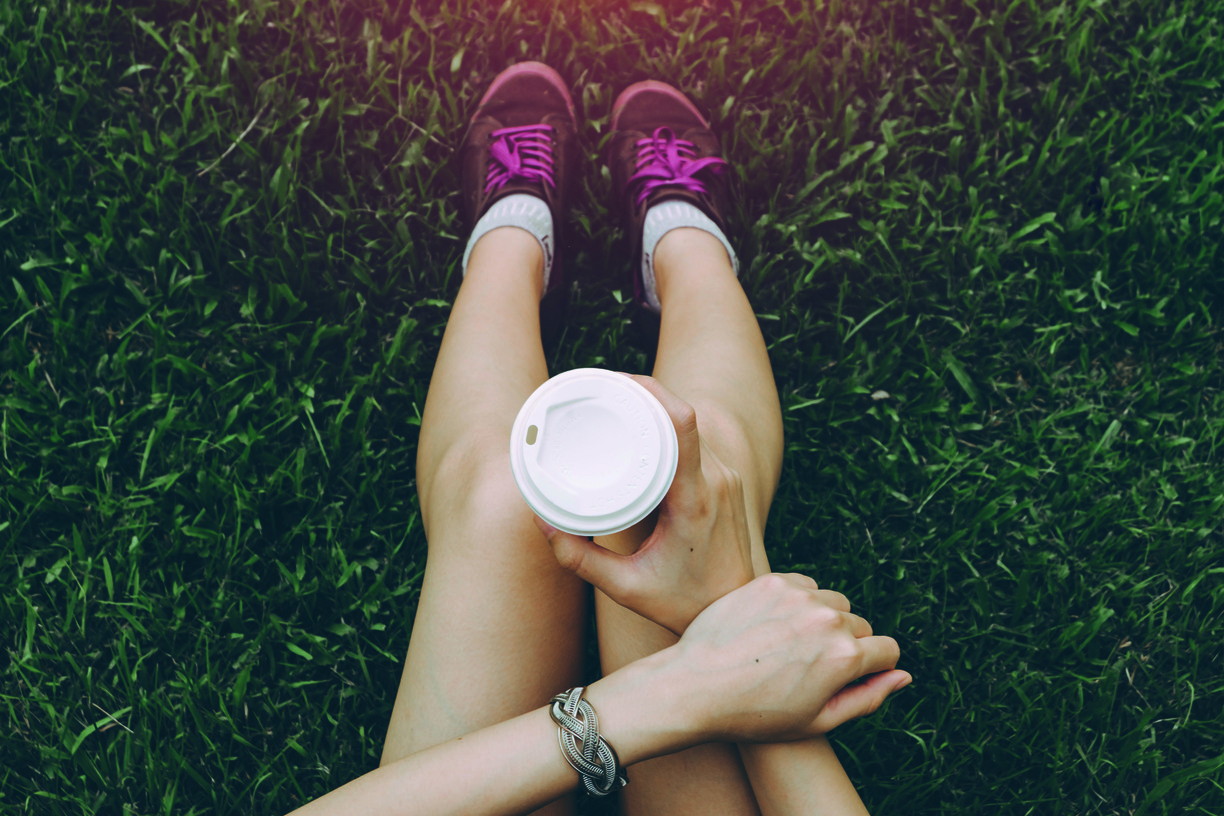
How should I take caffeine?
Caffeine is rapidly absorbed, with concentrations peaking after between 30-120 minutes. While many people take caffeine 30-60 minutes before exercise, you will probably notice the benefits sooner. In fact, caffeine appears to be most beneficial during times where fatigue becomes more noticeable, such as during endurance training or high-intensity activities.
This means, for some people, consuming caffeine during exercise (mid/later stages) may be more beneficial than ingestion beforehand. The optimal timing of caffeine ingestion can also depend on the source of caffeine. For example, caffeine via chewing gum absorbs rapidly, making it useful for a quick pick-me-up. However, there are many other ways to consume caffeine, in addition to coffee. It is available in capsule form, sports drinks, tablets, gels and bars. Most energy gels contain around 75g-100g per sachet.
Caffeine and fat loss
So, what about caffeine and fat loss? For your body composition, caffeine may help you burn more calories by raising body temperature, boosting metabolism and increasing fat oxidation, helping you utilise more fatty acids for fuel. One study found up to a 29 per cent increase in fat oxidation in lean subjects and a 10 per cent increase oxidation in obese women. That said, while increasing fatty acid oxidation sounds great, it’s important to note that total daily calorie balance is still key.
Does it have a negative impact on sleep? Caffeine can affect sleep onset and quality, even at low levels of intake. While the average half-life of caffeine is generally reported to be at between four and six hours – in other words, about half of caffeine remains in your blood after this period – it varies between individuals and may range from 90 minutes to 10 hours in adults. If you struggle with getting quality sleep, consider limiting your caffeine intake to the morning only.
Drinking coffee before a workout: performance benefits
You might wonder if you should withdraw from caffeine before a race, and it was previously thought this would further boost performance. However, recent studies show there is no difference in the performance response to caffeine between non-users and users of caffeine – withdrawing athletes from caffeine does not increase the net improvement in the performance achieved with caffeine supplementation. That said, if you are not used to taking caffeine, it’s important that you test it out before a competition – during training sessions.
Health benefits of drinking coffee
There’s more to coffee than its caffeine content. One of the reasons coffee has unique health benefits is because it has an extremely high antioxidant content, including polyphenols such as chlorogenic acid. Drinking coffee in moderation (up to three to four cups) appears to be protective against a number of chronic diseases.
Multiple studies have shown that regular coffee consumption may reduce the risk of developing type 2 diabetes by more than 50 per cent; other studies suggest lifelong regular consumption of coffee reduces the risk of developing Alzheimer’s disease, Parkinson’s disease and depression.
While caffeine can increase blood pressure, some research indicates that drinking coffee may be linked to a lower risk of heart disease and stroke. As with anything, you can have too much of a good thing, so don’t go overboard. Even one or two cups per day have been shown to provide health benefits.
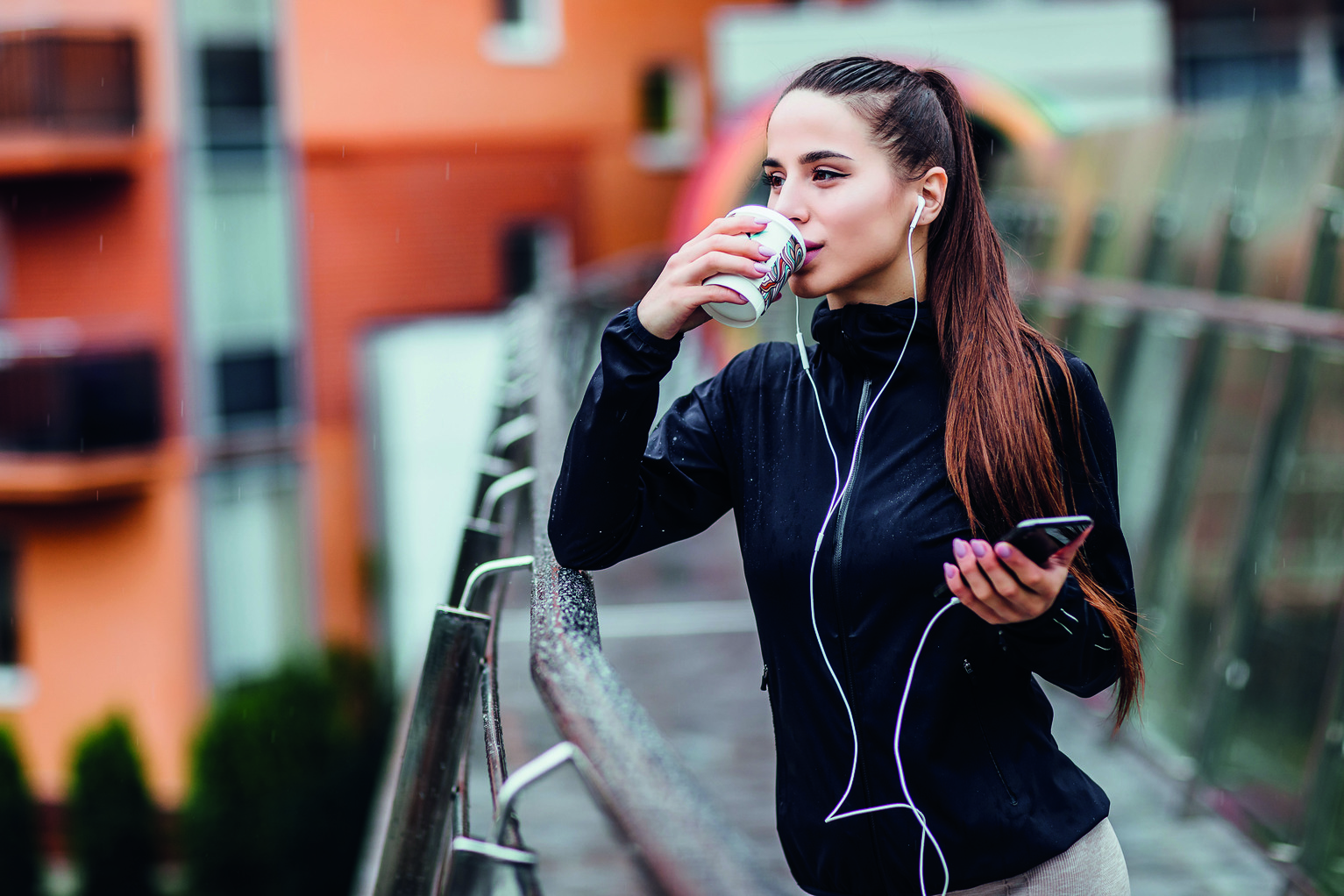
Caffeine chart: how much caffeine is in tea and coffee?
The caffeine content in drinks such as tea, coffee and hot chocolate can be highly variable, and will depend on the brand, brewing method and size of drink, but here is a general guide.
- Instant coffee: 250ml/1 cup = 12-169mg caffeine
- Brewed coffee: 250ml/1 cup = 40-110mg caffeine
- Espresso: Standard serve = 107mg caffeine
- Black tea: 250ml/1 cup = 25-110mg caffeine
- Green tea: 250ml/1 cup = 30-50mg caffeine
- Iced tea: 600ml bottle = 20-40mg caffeine
- Frappuccino: 375 ml cup = 90mg caffeine
- Hot chocolate: 250ml/1 cup = 5-10mg caffeine
- Energy drink: 500ml can = 160mg caffeine
Related: calories in alcohol – what has the least & most?
Drinking coffee before a workout: performance benefits

Alex Higham, co-founder of Exhale Healthy Coffee, vitamin-rich, antioxidant bursting, organic coffee www.exhalecoffee.com adds: “Not only are there no performance benefits to withdrawing from caffeine before a race and then using it on race day, the opposite is more likely to happen – you are likely to experience caffeine withdrawal symptoms in the run up to race day which can cause headaches, irritability and will only make any pre-race nerves worse. So stick to the amount of coffee you would usually drink in the days running up to your race.”
Caffeine chart: how much caffeine is in tea and coffee?
- Brewed coffee: 250ml/1 cup = 40-110mg caffeine
Alex Higham advises: This is more like 40-200mg caffeine. 1 mug of our coffee (280ml) brewed in a small cafetiere provides 200mg of caffeine exactly which is pretty standard for speciality grade coffee.
Can decaf coffee give you a performance boost?
Alex says: “We all know about the benefits of caffeine on performance, but coffee contains more than just caffeine and has over 1,000 different biologically active compounds. So what about the rest?
“The good news for decaf drinkers is that the polyphenols found in coffee have also been shown to improve performance. And as Dr Rupy, Chief Science Officer at Exhale Healthy Coffee, says “Coffee’s got an incredible array of polyphenols.”
“For regular coffee drinkers this means you get a double performance boost from both the caffeine and the polyphenols. But what are polyphenols? They’re plant-based phytochemicals present in a lot of fruits and veggies but your largest dietary source is… you guessed it, coffee, contributing up to two thirds of your total dietary intake.
“Research shows the polyphenols found in coffee improve both sprint and endurance performance as well as enhancing recovery via antioxidant and anti-inflammatory mechanisms.
“Not all coffee is created equal, and the quantity and level of activity of polyphenols vary immensely from coffee to coffee. Studies show up to an incredible 31-fold difference from cup to cup. Exhale Coffee is the only company globally who source and roast their coffee to maximise the number of polyphenols then independently verify their antioxidant activity.”
For more information visit www.exhalecoffee.com
Best healthy coffee alternatives
Not keen on drinking coffee before a workout? Swap your regular cup of joe for these caffeine supplements, complete with added health and performance benefits.
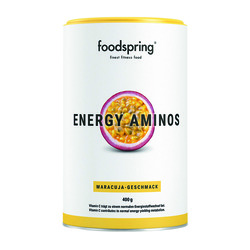
Foodspring Energy Aminos
BUY IT NOW:
£29.99 for 400g, foodspring.co.uk
Contains 200mg caffeine, with vitamins and BCAA (branched-chain amino acids).
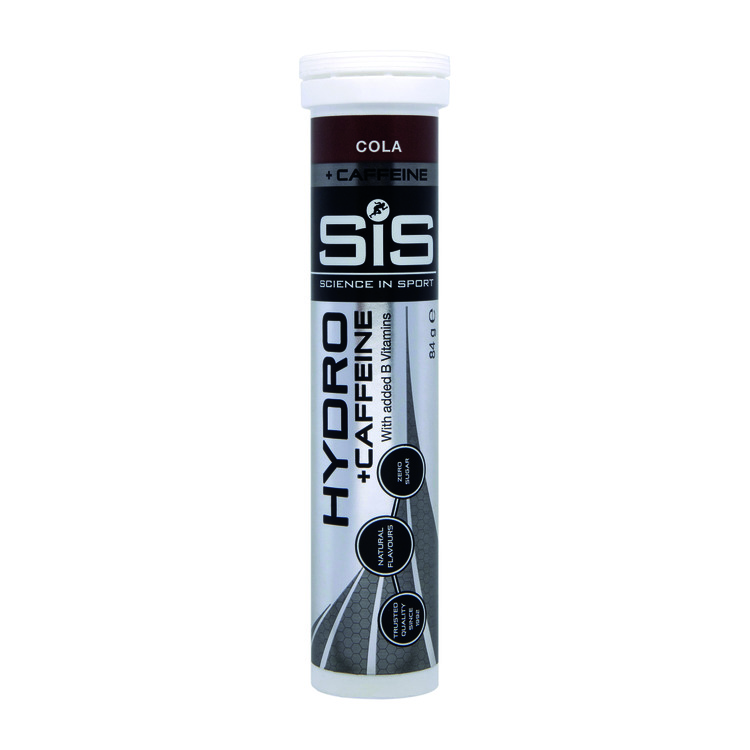
Science in Sport Go Hydro + Caffeine Cola
BUY IT NOW:
£48 for 20 Tablets, scienceinsport.com
Boasts 75mg caffeine per tablet, plus electrolytes for hydration.
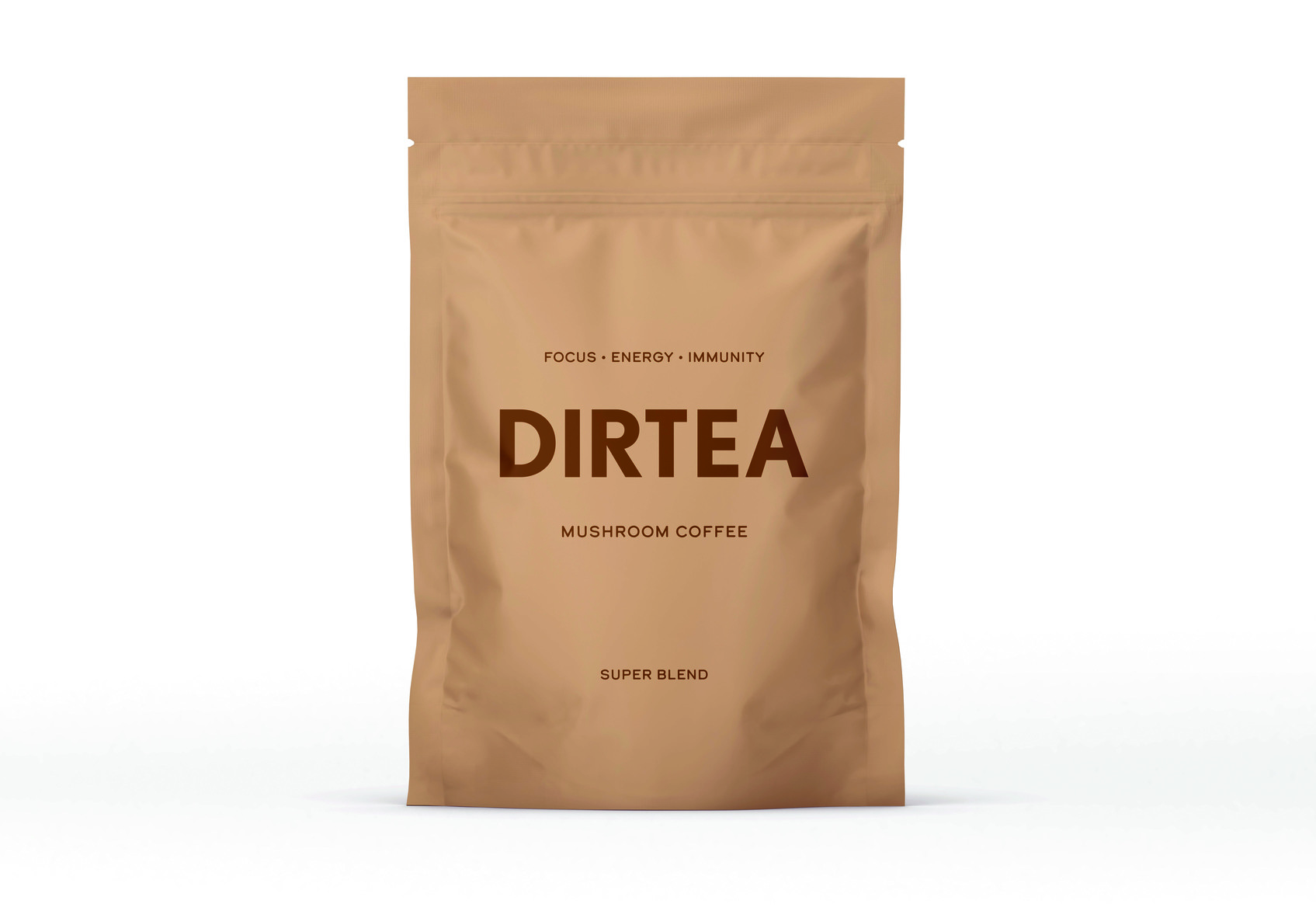
Dirtea Mushroom Coffee Super Blend
BUY IT NOW:
£39.99 for 60 servings, dirteaworld.com
Uses Arabica coffee with 1,000mg of lion’s mane, chaga and cordyceps, plus ashwagandha and maca.

